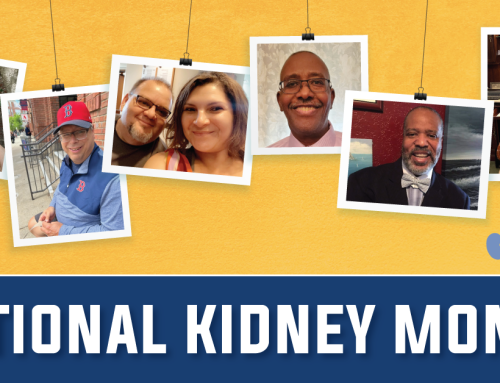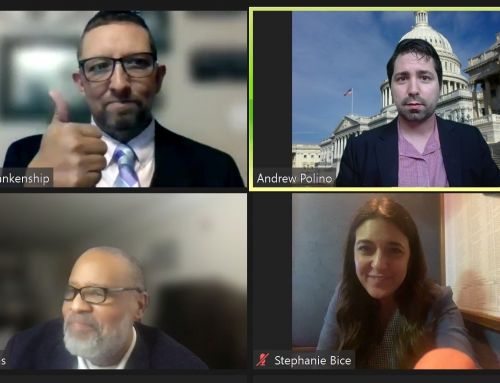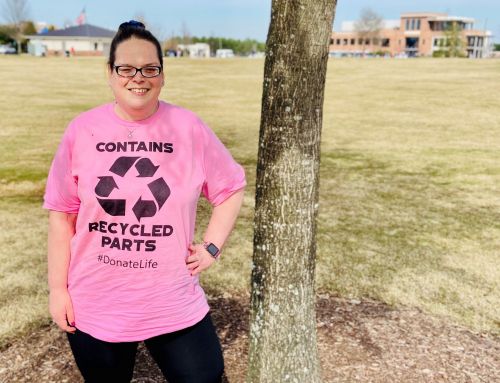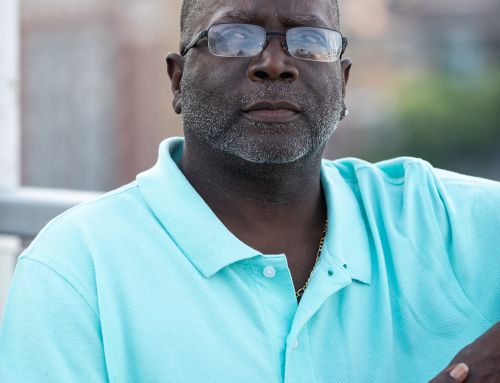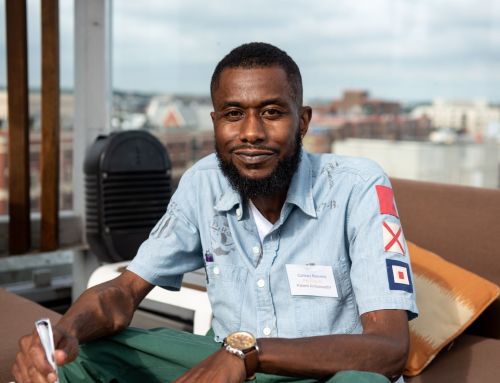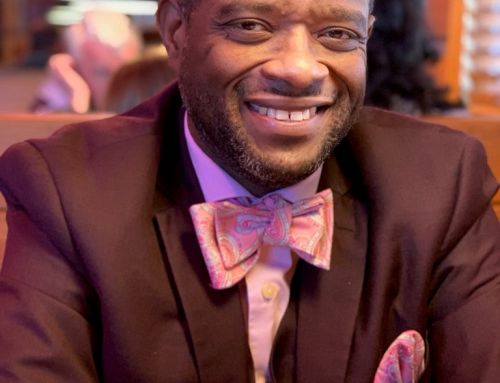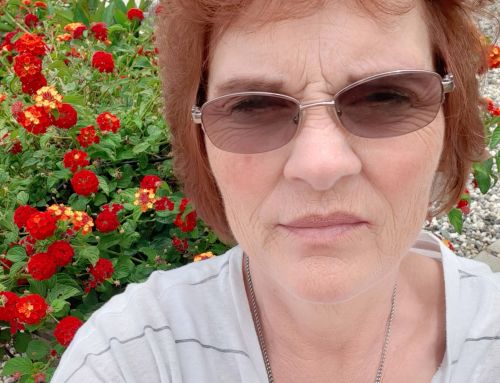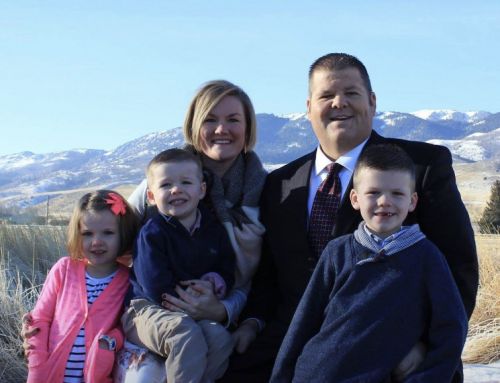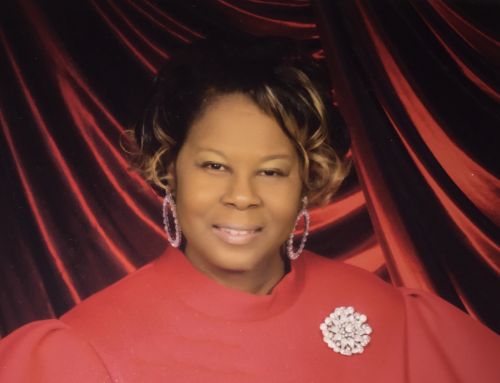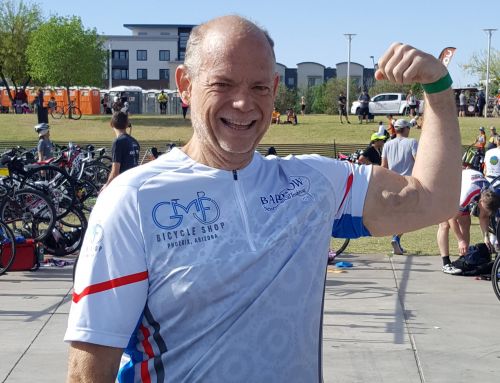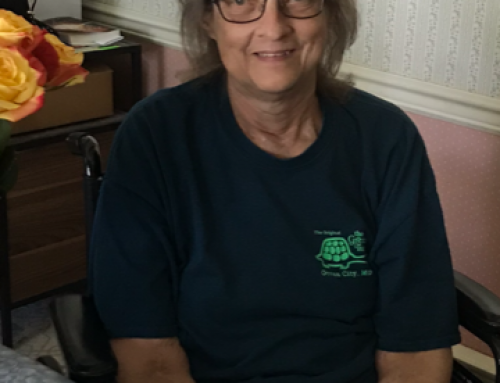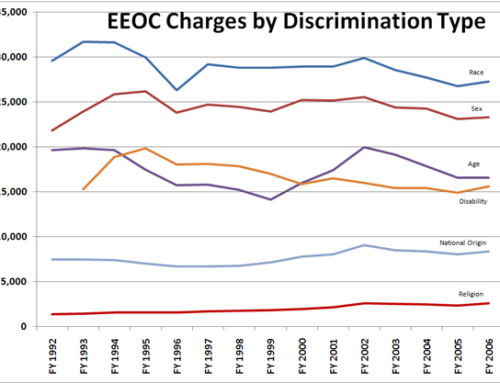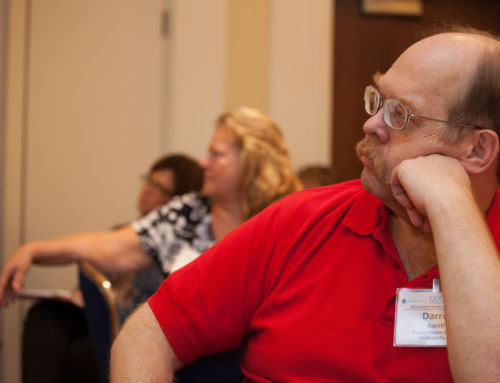By Jack Reynolds, DPC Board Member and Patient Ambassador
My Grandma Mae lived to be 96 and she had a saying, “One has to learn how to suffer.” I think what she really meant was that a person must learn how to handle or manage their suffering whether it be physical, mental, or emotional. Over time most ESRD patients are confronted with a host of these challenges or sufferings. Frankly, I have been spared many of the hospitalizations and complications that many dialysis patients experience. For example, I have a right lower-arm fistula that I have used as my dialysis access for over three decades with only one intervention required. Some patients endure multiple access placements or interventions on their fistulas and venous grafts in mere months. A few years ago, my major dialysis provider sent out a query to determine who had the oldest access still in use, and I didn’t make the Top 10!
As far as overall health is concerned, I seem to be fairly fit considering. Walking is a pastime I enjoy, and everyone agrees that exercise is an important component of a healthy lifestyle. I belong to a local walking club and every couple of months, I do a 10 kilometer (6.2 miles) walk . So you see, I have been very fortunate. But has it been all good luck?
At the time my kidneys failed, I had a job that required travel all over Iowa working as a service tech for Trans-Lux which leased and maintained stock brokerage ticker tape machines that transmitted the stock and commodity market quotes. Felix the Cat fans will remember Trans-Lux being spelled out under his picture in the cartoon. Two months later the inevitable end came to my employment, but I had at least worked the minimum amount of time to qualify for one year of medical insurance going forward from my renal failure onset. To be sure I was bitter about losing the job, but I realized thrice a week dialysis appointments and trying to drive across the state to restore service to a screaming commodity broker in good time was impossible. On the third dialysis shift which I run on Monday, Wednesday, and Friday I see patients who struggle to keep employment or are more or less locked into a job for insurance coverage. Giving credit to my dialysis provider, there have been company insurance specialists visiting our clinic to provide help and information, and social workers can be an invaluable asset as well.
In my case, looking back, I was basically accepting my fate of a few more years of life and not much else. The “old timers” of six years on dialysis were passing away, so I assumed that if I survived five years, I could take my “gold watch” and go home. I took very little solace in the fact that I was 22 and almost everybody else were in their 60’s, 70’s, and 80’s.
Over the course of my first year on hemodialysis, I went from a Scribner shunt in my left leg to a arterial-venous fistula in my left arm and pretty much asked non-stop questions. A visit to Mayo Clinic in Rochester, Minnesota revealed that because of a childhood farm injury to my lower abdomen, I was not a good candidate for the modality of peritoneal dialysis, and extensive surgery would be required before even a kidney transplant could be attempted.
No guts, No glory, right? Well, I wanted what guts I had left, even if they were not 100% functional, to stay put. My decision was to continue hemodialysis until something happened to stop it. Ride this wave of a biomedical and social experiment until the end.
Early on, there was another young man, of my same age, who was not doing well on dialysis and was on the verge of giving up when he received a cadaver kidney. He came back to the clinic to visit a couple of times and although Steve looked well, he complained that the immunosuppressive drugs were messing with his head. I felt, of course, that he had been very fortunate to receive a kidney in only a year and figured he would be fine. After attempting suicide once in which they were able to save him as well as the kidney, Steve’s second effort was unfortunately successful. No longer did I believe that a kidney transplant was not without its own challenges.
In conclusion, I want to wish all in the renal community, patients and professionals alike: A Very Happy Thanksgiving & pass the gravy.



